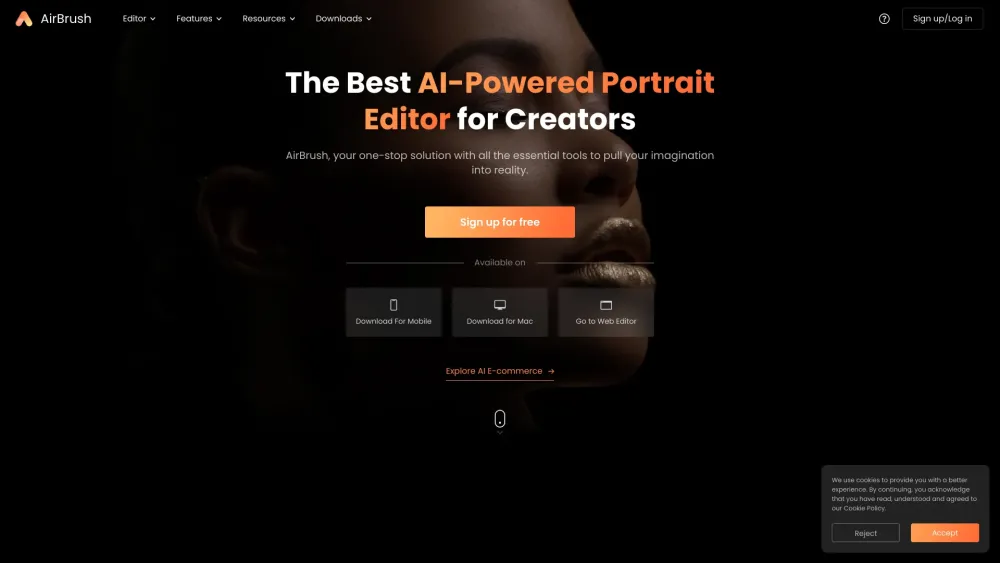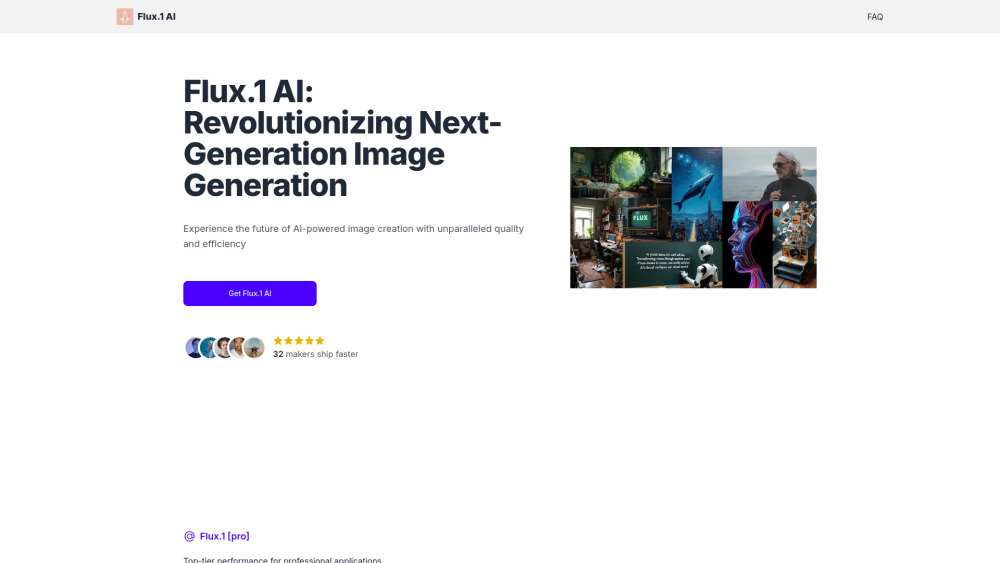The threat of deepfakes is on the rise as AI tools for creating them become increasingly available. A report from verification provider Sumsub reveals a staggering 245% increase in deepfakes globally from 2023 to 2024, largely driven by upcoming election cycles. This surge is also impacting the corporate landscape; a recent Business.com survey highlights that 10% of businesses have experienced fraud facilitated by deepfakes, including cloned voices.
This escalating trend has proven lucrative for companies offering solutions to combat deepfakes as well as those developing the technology. Pindrop, one such company, announced on Wednesday that it has secured a $100 million, five-year loan from Hercules Capital. CEO Vijay Balasubramaniyan stated that these funds will primarily be used for product development and expanding their team.
“Advances in generative AI have made voice cloning particularly potent,” Balasubramaniyan noted. “Due to the rise of fraud, AI detection technologies for deepfake detection are now essential for every call center.”
Pindrop focuses on creating anti-deepfake technologies and multi-factor authentication products specifically designed for industries such as banking and finance. The company claims its solutions can accurately identify callers in contact centers, outperforming rival technologies.
“Pindrop utilizes a dataset of over 20 million voice samples, both genuine and synthetic, to train our AI models. This enables us to distinguish between real human voices and those generated by AI,” Balasubramaniyan explained. “We’ve also developed over 330 text-to-speech (TTS) models to assist in the identification of voices used in deepfakes.”
A significant challenge in deepfake detection is bias within audio models. Many detection systems show a tendency to favor Western American voices, struggling with various accents and dialects. This bias can lead to legitimate voices being inaccurately classified as deepfakes.
There’s ongoing discussion about whether synthetic training data—data generated by AI models—helps alleviate or worsen these biases. Balasubramaniyan believes it aids in mitigation, emphasizing that Pindrop’s voice authentication focusing on “acoustic and spectro-temporal features” rather than just pronunciation or language.
“AI voice recognition systems often reflect biases tied to tonal and dialect variations, which may carry racial implications,” Balasubramaniyan stated. “These biases stem from the homogeneity of training datasets that may not adequately represent diverse ethnic, racial, or gender differences, limiting the scope of data that the AI is exposed to.”
Since its establishment in 2011 by Balasubramaniyan, a former Google employee, along with ex-Barracuda Networks chief research officer Paul Judge and Mustaque Ahamad, Pindrop has gained substantial traction. The Atlanta-based firm employs around 250 staff and has secured a total of $234.77 million in venture funding from notable investors including Vitruvian Partners, CapitalG, IVP, and Andreessen Horowitz.
When asked about the choice of debt financing over equity, Balasubramaniyan described it as an “attractive option” for efficiently raising growth capital while preserving the company’s equity—a strategy frequently utilized in the sector.
The proceeds from this loan will facilitate Pindrop's expansion into new industries such as healthcare, retail, media, and travel.
“With generative AI gaining ground, demand for our solutions is surging globally. We are also looking to expand into regions experiencing significant deepfake threats,” Balasubramaniyan concluded. “Pindrop aims to equip businesses to safeguard themselves and their customers against escalating fraud and the dangers of deepfakes through comprehensive fraud prevention, authentication, and liveness solutions.”






